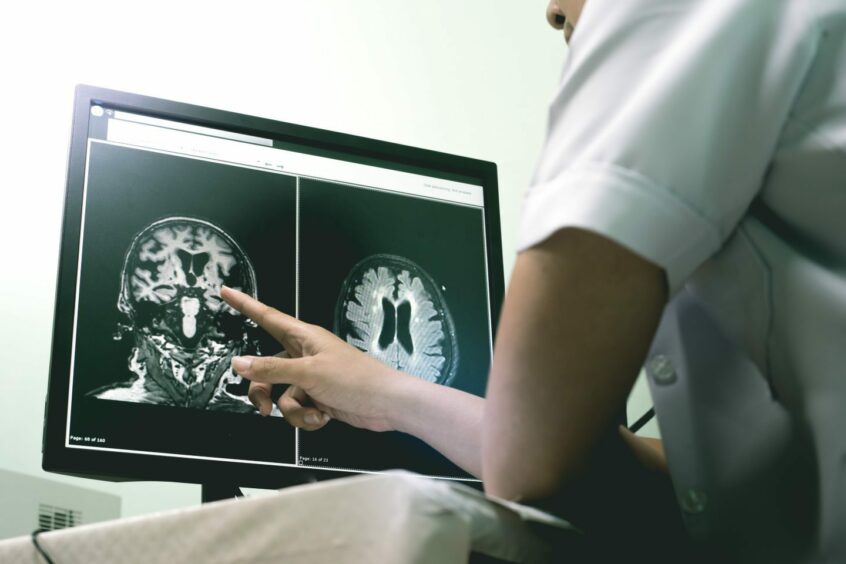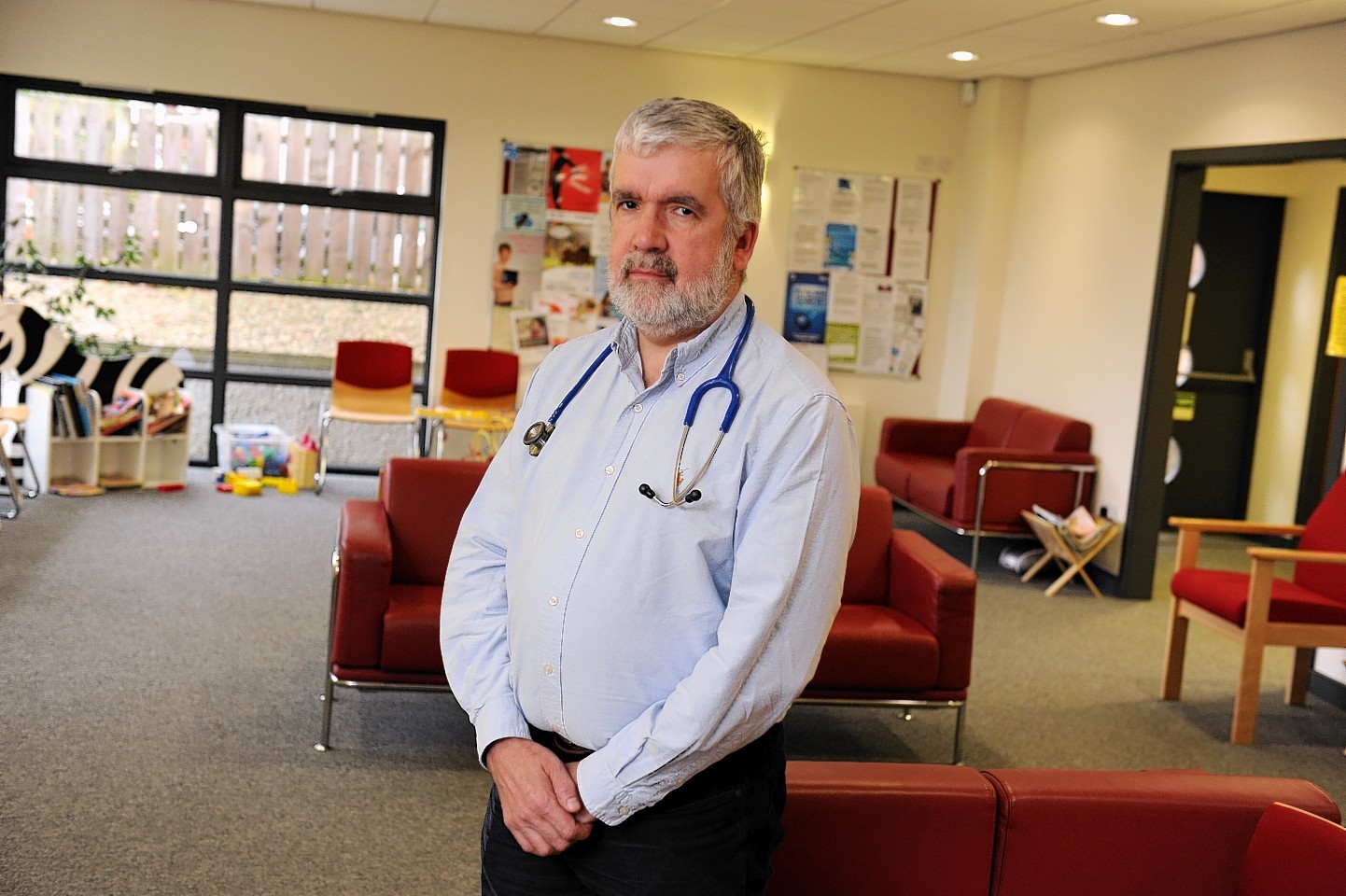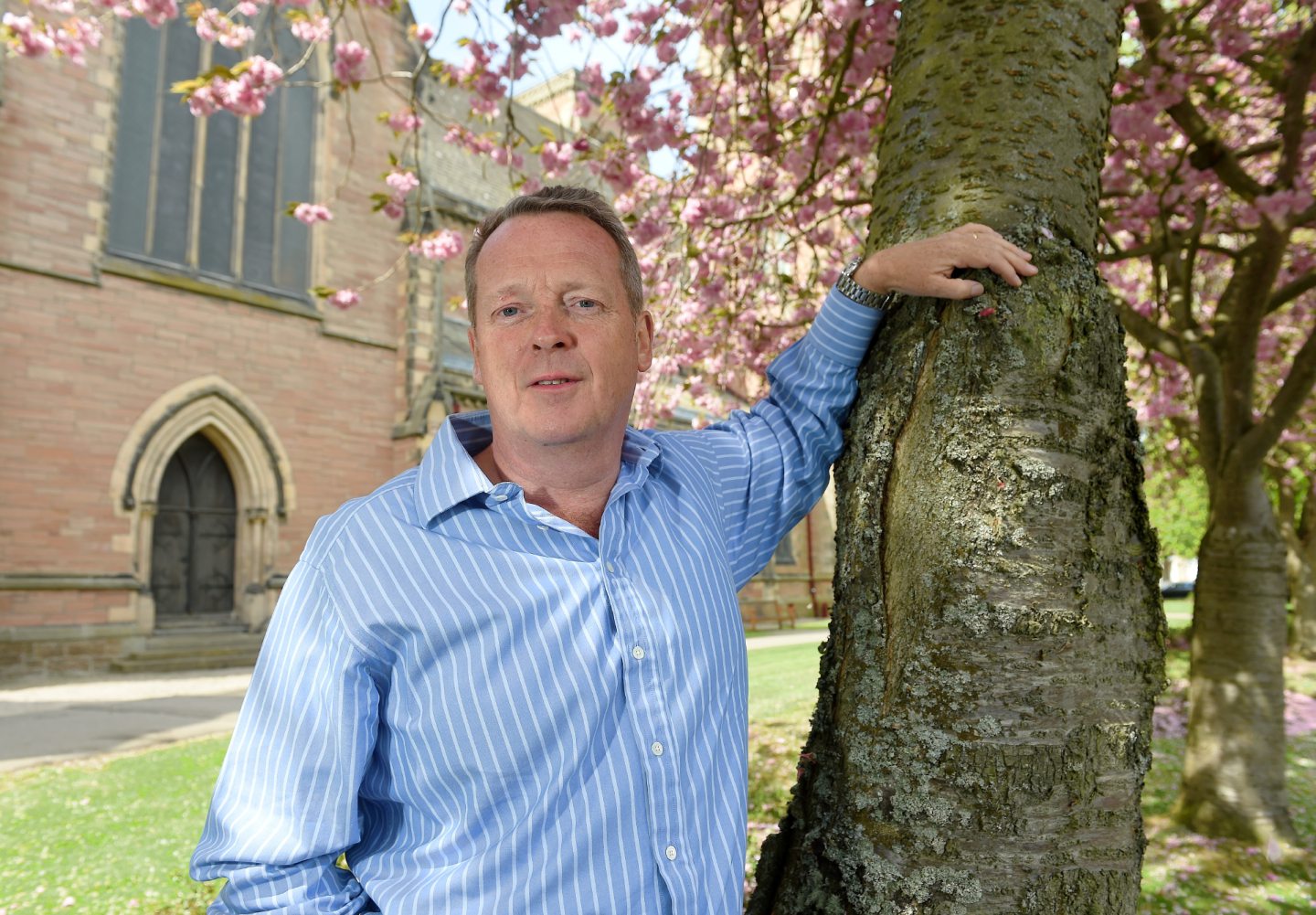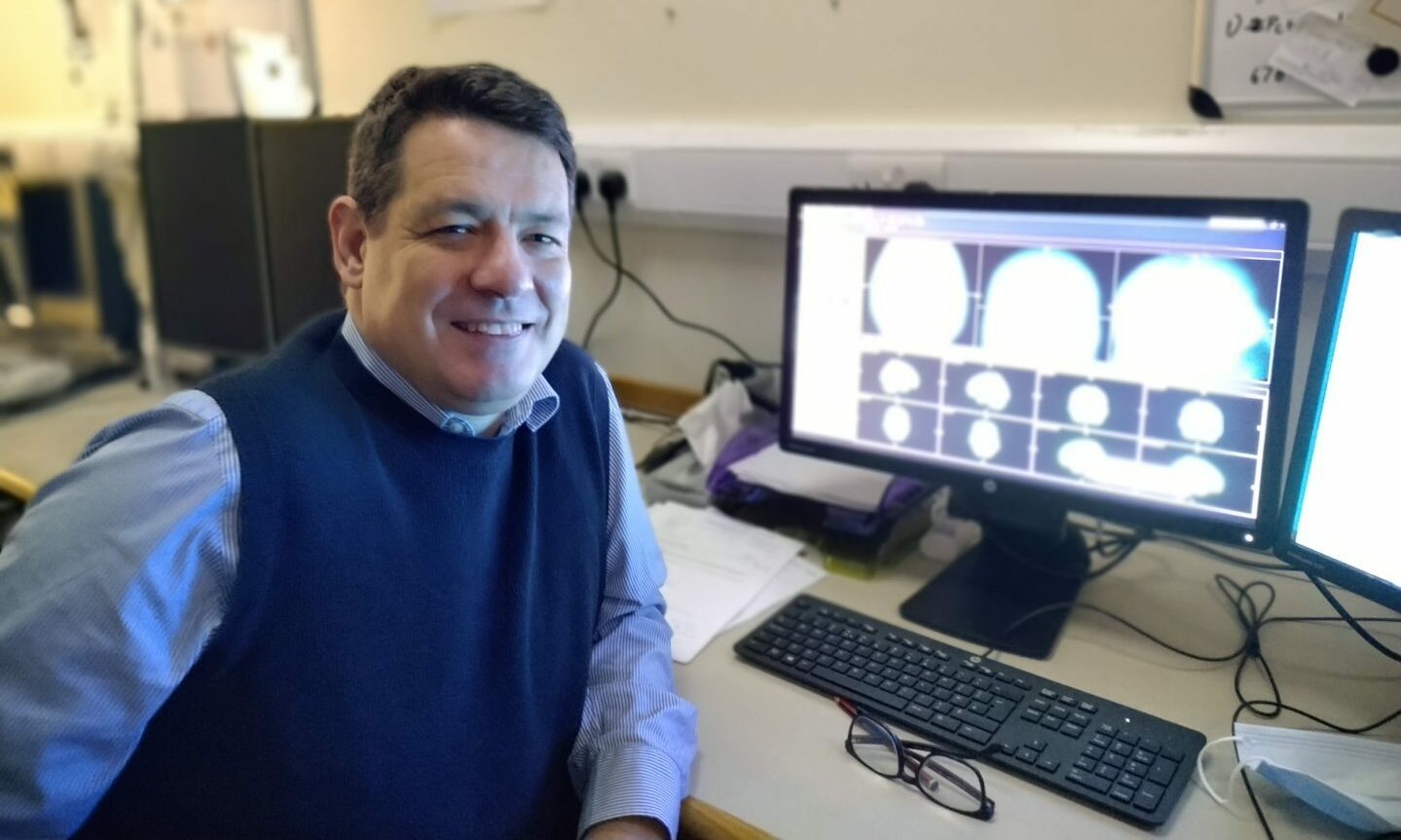
It has become a familiar story in recent years; the death of yet another renowned sports personality due to dementia or Alzheimer’s.
Former world boxing champion, Ken Buchanan, was the latest to succumb to the illness last weekend, but football has been particularly grievously affected. Billy McNeill, the first Scottish player to lift the European Cup – with Celtic – fell victim to it in 2019.
The number of cases are rising
However, it’s by no means just those in the world of sport who are increasingly being impacted by these awful conditions which often leave those affected unable to remember names, places and their past history, including the identities of their own family members. And the situation is being exacerbated by a lack of care staff and specialist nurses and doctors to look after those who require round-the-clock care.
The Press and Journal learned this week that more than 10,000 people in Scotland with Alzheimer’s and dementia are currently waiting on urgently-required help or care packages.
And one north-east doctor spoke of how staff were often so inadequately paid he was aware of people leaving the profession to work in supermarkets.
Alzheimer Scotland provided a stark reminder of the problems which are building up for the already-beleaguered NHS and associated bodies across the country.
The organisation’s head of national support services, Jenn Hall, said: “In Scotland right now [as of March 2023], there are more than 11,500 people, either waiting for a social care assessment or waiting for a care package to be arranged.
Staff have been undervalued
“There are quite simply too few people working in social care to meet the current critical levels of demand. For too long, our social care workforce has been undervalued and poorly rewarded, which has influenced the current shortage and pressures.
“We acknowledge the efforts that have been put into promoting social care as an incredibly worthwhile career choice, but there needs to be significant investment to improve retention and recruitment in the sector.
“Nobody should have to face dementia alone and everybody should be able to find help quickly and easily.”
Dr Ken Lawton, who was past chairman of the Scottish Council of the Royal College of General Practitioners, recalls telling previous Scottish Health Ministers of mounting problems in recruiting care home staff and added that he had heard of cases where people had decided to quit the health sector and work in supermarkets.
He told me: “We have an ageing population, and we are living longer, while we have lost so many care workers through a variety of factors, including the “B” word – Brexit.
“But the sector is generally very poorly-paid and I know of people who have moved to Tesco’s rather than work nights in the care system.
It’s a perfect storm of issues
“We have got an almost inverted triangle where there are too many old people at the top, who are suffering from conditions such as dementia and Alzheimer’s, while there aren’t enough young people coming into the system to look after them.
“The bottom line is the lack of manpower, the shortage of staff, and this has been getting worse for the last 15 years, so it can’t be improved overnight.
“It really should be a cross-party issue rather than one where different parties keep attacking each other. And it needs more carefully-thought-out long-term planning. This affects all of us, no matter which party we vote for.”
Statistics are only part of the story as many families grapple with the privations experienced by packing in their jobs to focus on tending to the needs of loved ones who have been diagnosed with dementia or Alzheimer’s.
This frequently leads to near-impossible choices and heartbreaking decisions. Some people opt to go private, but that is too costly for many families. Yet the alternative of providing any true quality of life for their parents or grandparents has huge challenges.
Former STV reporter, Mike Edwards, who lost his mother, Margaret, to the illness, has written a book You’re Seeing It! which not only looks at the issue in sport, but examines the problems faced by those who are left to get on with caring for loved ones.
This will touch most of us in our lives
He said: “We will all be touched by dementia, whether we get a diagnosis ourselves or become a carer or are a relative of someone with a diagnosis. In many cases, there’s little we can do, but we can work to raise awareness of the situation.
“I was fortunate that I could retire to look after mum, but I recognise that many others don’t have the good fortune of my circumstances. She was a nurse [at Raigmore Hospital in Inverness] all her days and gave so much to look after others, so for me it was a privilege to care for her, at home on my own.”
Efforts are being made to boost those affected and tackle people at risk in the future. Sporting Memories initiatives have been established at Aberdeen FC and other north-east clubs and their regular sessions provide a chance for patients to meet others.
A new online brain check-up tool has recently been developed by Alzheimer’s Research UK to show people what steps they can take, including keeping physically and mentally active and sleeping healthily, to enhance their prospects of not developing dementia.
Keeping busy can give a boost
Engaging in challenging and mental activities build up the brain’s ability to cope with disease and reduce stress. And learning a new language, reading books, doing puzzles or playing a musical instrument are all activities which can be beneficial.
But these are only going to provide solutions for some of us and, of course, offer no respite to those who have already been diagnosed.
A spokeswomen for NHS Grampian said the organisation was determined to bolster its record of supporting those with dementia in the future, despite the difficulties involved.
She said: “NHS Grampian and the three health and social care partnerships in this area are acutely aware of the lower number of referrals and subsequent lower number of people diagnosed with dementia receiving post diagnostic support.
This is a key priority for us
“We are currently undertaking some work to transform mental health services. The dementia pathway will be a key priority as part of this work.
“We will be focusing on dementia referral rates and how we can improve post diagnostic support as part of this work.”
But, as Dr Lawton stated in matter-of-fact fashion, there aren’t enough staff to fill the slew of vacancies. And there’s no sign of that changing any time soon.
Anybody who is struggling should reach out to their local Alzheimer Scotland team at https://www.alzscot.org or contact the 24-hour Freephone Dementia Helpline which is available seven days a week on 0808 808 3000.





Conversation